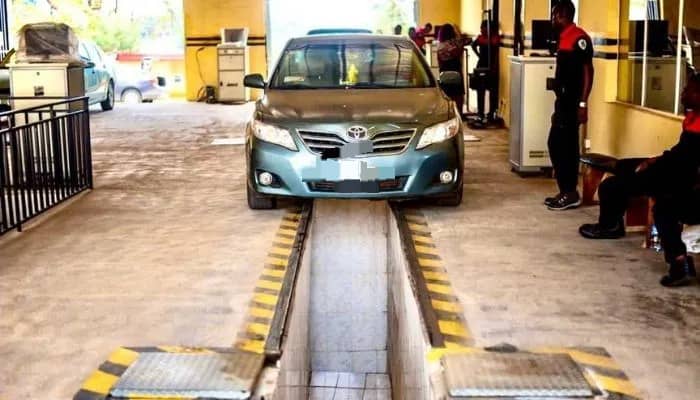
In 2015, a significant issue garnered global attention when Toyota, a major car manufacturer, had to recall a staggering 6.5 million vehicles due to a faulty part controlling the windows. This part, plagued by an electrical problem, posed potential dangers and concerns for car owners.
The saga continued in 2018 when Toyota, the renowned Japanese automaker, faced yet another challenge involving more than 2.4 million hybrid cars globally, specifically the Prius and Auris models.
A component within these vehicles had the potential to disrupt their power supply, creating risks for drivers. This grave situation prompted a recall that spanned continents, affecting 1.25 million vehicles in Japan, 830,000 in North America (including the United States and Canada), and 290,000 in Europe. In the United Kingdom alone, approximately 55,000 vehicles were under scrutiny.
Toyota explained that under certain circumstances, this issue could result in the sudden failure of these cars while attempting to ensure the highest level of safety. Despite the cars retaining their ability to steer and brake, the potential for stalling while driving at higher speeds raised concerns about increased accident risks.
While it may seem improbable for these problematic cars to reach Nigeria due to financial constraints then, the reliance on “Belgium” used cars is not without its own concerns. This raises the crucial question: if brand new vehicles can be subjected to a recall due to severe technical deficiencies, how can we ensure that the pre-owned vehicles on Nigerian roads aren’t potential hazards?
In a world where accidents can strike unexpectedly, safety becomes a paramount concern for all. However, merely hoping for safety is inadequate; proactive measures, akin to pursuing success, are essential. This leads to the question: do people genuinely prioritise their safety, and how committed are they to safeguarding themselves and their loved ones?
Dependence solely on the annual issuance of roadworthiness certificates for private vehicles and biannual certificates for commercial vehicles proves inadequate in this pursuit.
Attention must be beamed on a more comprehensive approach involving thorough vehicle inspections as it becomes imperative to ensure genuine roadworthiness and safety. Such examinations delve beyond surface-level assessments, meticulously scrutinising each component of the vehicle.
Signs of progress are already evident as 24 states in the country, equipped with 148 inspection centres, have embraced state-of-the-art computerised vehicle inspection services. This shift signifies a departure from traditional methods. Notably, Lagos alone boasts an impressive network of 44 inspection centres housing over 48 inspection lanes.
Since the inception of this system, millions of vehicles have undergone meticulous inspections, leaving behind a trail of satisfied customers across all the 24 states. This evolution has considerably enhanced the role of vehicle inspection officers, empowering them with advanced technology for comprehensive inspections. This proactive approach identifies potential issues early, preventing them from escalating into costly, major problems.
Additionally, this process acts as a shield against unscrupulous mechanics who may seek to exploit unsuspecting vehicle owners. The vigilant and adept vehicle inspectors function as guardians, uncovering hidden problems and affording vehicle owners the opportunity to rectify them before they worsen.
These inspections provide invaluable and reliable insights, guided by experts who empower you to make informed decisions and undertake necessary actions for your safety.
While inspection centres have made strides across 24 Nigerian states, the aspiration remains for full nationwide coverage. The unwavering commitment to ensuring the safety of all Nigerian citizens on the roads drives this ongoing expansion.
In the grand tapestry of life, safety is not a wish granted by happenstance; it’s a tangible achievement to be carved out through proactive endeavours. Steering collectively towards a future where accidents are minimised and our roads become a sanctuary of safety, is possible
- Olusemire Jegede writes from Temple Group Limited




